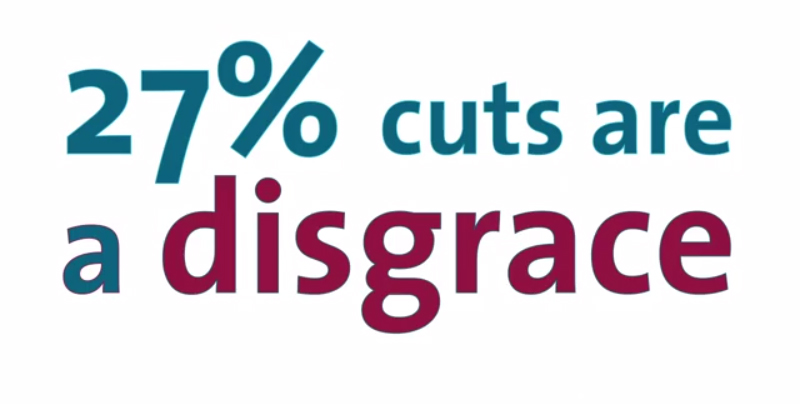Heads of state discussed climate and energy issues at a meeting in Brussels today, but their efforts to reduce dependence on energy imports are being blocked by the European Commission.
The majority of EU governments want to increase energy efficiency as a way to reduce import dependence. Today they confirmed that they plan to reach agreement in October on a package of measures to cut climate emissions, increase renewable energy, and reduce energy demand by 2030.
Analysis shows that a target of 40% energy savings by 2030 is the best choice to reduce energy imports, boost employment and cut greenhouse gas emissions. But Friends of the Earth has learned that Commissioners are recommending just 27% savings by 2030.
Brook Riley of Friends of the Earth Europe said: “A 27% energy savings target is incomprehensible at a time when the EU is crying out for a way to reduce dependence on imported energy. The political conditions to set an ambitious energy savings target have never been better, and the benefits have never been so clear – the cheapest, cleanest and safest energy is the energy we don’t use. It’s now vital that Germany, Denmark and the other countries make sure Europe gets serious on energy savings.”
In the wake of the situation in the Ukraine and tensions with Russia, heads of state earlier this year called energy savings the ‘first step’ to reduce high gas dependency rates.
The European Commission’s energy department responded by analysing the impacts of an energy savings target for 2030. According to the Commission’s own assessment, a 28% savings target would reduce gas imports by just 16% compared to 2010 levels, while a 40% target would reduce imports by 40%. EU employment is projected to increase by 1.6% by 2030 with a 28% savings target, compared to 3.1% with a 40% savings target.
But the push to prioritise energy efficiency is being frustrated by a decision by European Commission President Barroso – with Commissioners Oettinger (energy) and Hedegaard (climate) – to recommend just 27% savings by 2030.
A 27% target is also a blunt rejection of calls from a group of countries led by Denmark and Germany to recommend an ambitious, binding energy savings target. [3]
Friends of the Earth Europe is calling for three binding targets for 2030 (greenhouse gas emission reductions, renewable energy and energy savings) and for citizen and community-controlled renewables to be at the centre of Europe’s energy policy. This is the only way to avoid the worst consequences of climate change and bring maximum benefits to the EU and its citizens.






